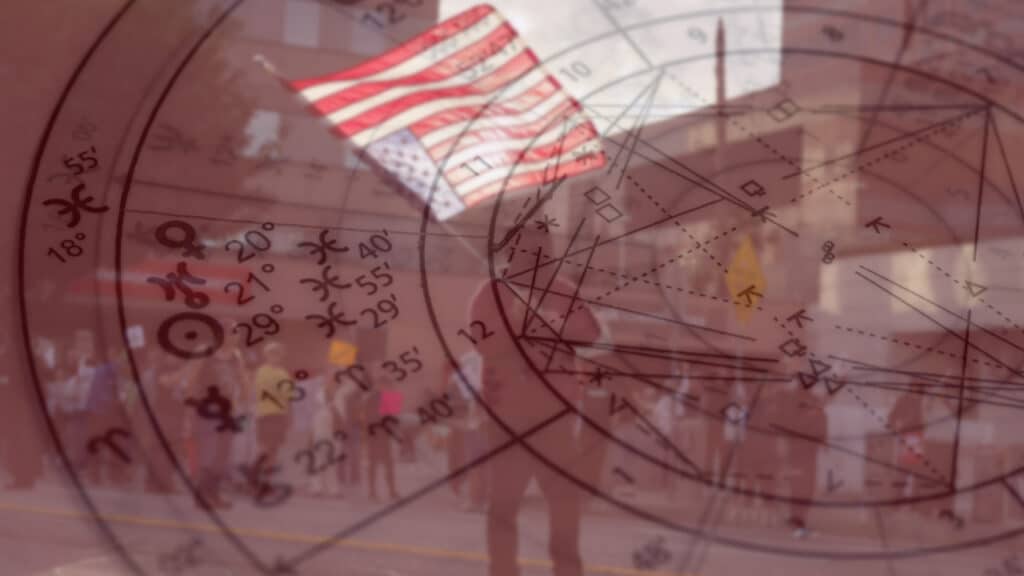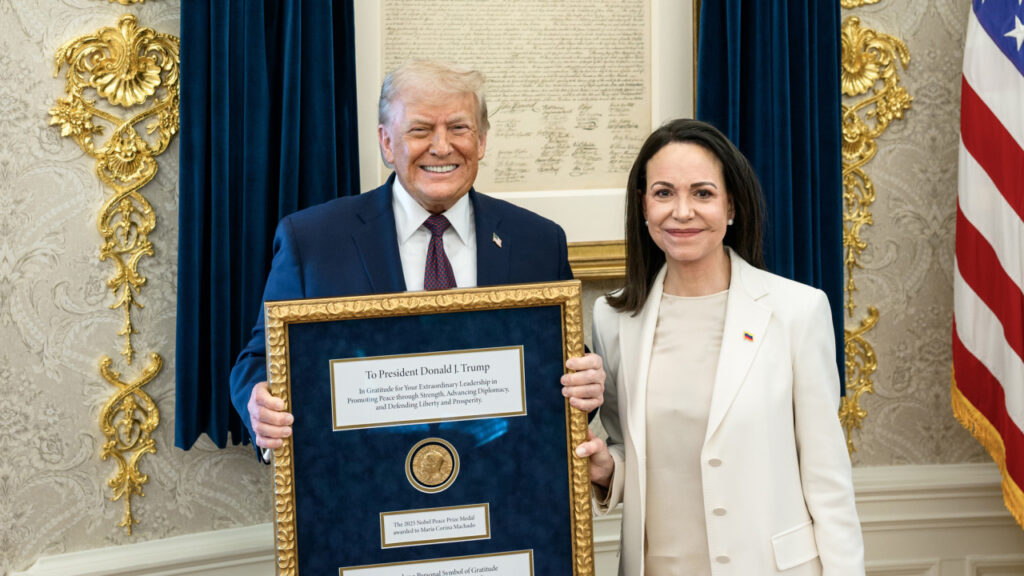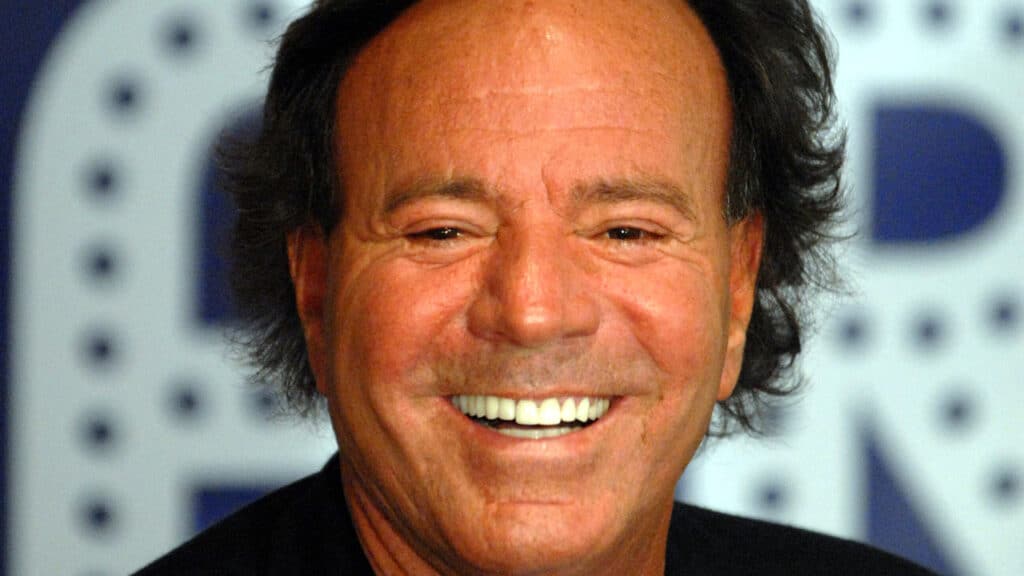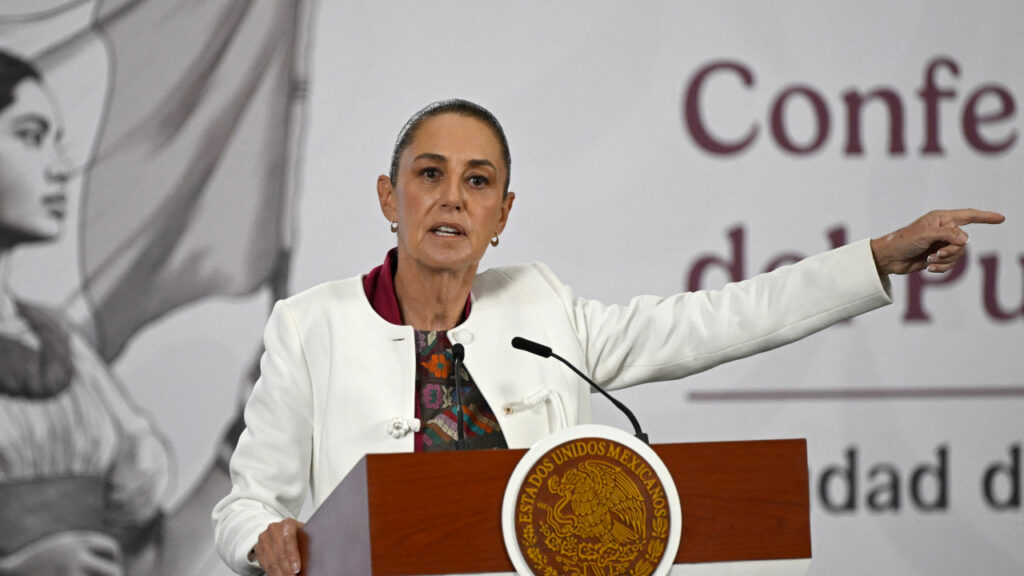
When Peace Is the Only Option: How These Fierce Women Are Making a Difference in Israel and Gaza
For over a month, horrific images of the violence and suffering in Israel and Gaza have flooded social and traditional media.
However, amid the crude dehumanization of a catastrophic conflict, a group of women gave us hope.
They are mothers, sisters, daughters, aunts and grandmothers. Together, they form two groups — the Israeli Women Wage Peace and the Palestinian Women of the Sun. They are women who transcended narratives of grief and war to play an essential role in the fight for a peaceful solution to the Israel-Palestinian conflict.
Both groups believe peace is not a utopia. They believe it is still the only war worth waging, even in light of the horrific events of last week.
On Oct. 7th, Hamas, the militant group that controls the Gaza Strip, launched a surprise attack on Israel. The group killed at least 1,400 Israeli citizens at a music festival, kibbutzim, and other border sites. There were 3,900 wounded and 199 taken hostage in the attack, with violence that shocked the world.
In retaliation, the Israeli military is carpet-bombing Gaza, killing at least 10,000 Palestinians, a quarter of them children. There are more than 25,000 wounded, and an estimated one of the two million people living there have been displaced.
Israel cut off Gaza’s electricity, food, water, and fuel, trapping Palestinians in the most densely populated strip of land on earth.
This is a war against the civilian population both in Israel and Gaza. So, how can a group of women advocating peace make a difference in such a horrendous scenario?
FIERCE reached out to Women Wage Peace and Women of the Sun to ask the question and talk about what they believe is the way forward.
It was impossible to reach Women of the Sun members because it is dangerous for them to speak publicly, and communications in Gaza are fraught. But we did talk by phone with the co-director of Women Wage Peace, Yael Braudo-Bahat, who lives in Israel.
When we asked Braudo-Bahat if peace was still possible, she didn’t hesitate.
“Yes, yes,” she said. “There is just no other option because the other option is one side will defeat the other side, and the other side will not exist.”
“The Israelis are here to stay; the Palestinians are here to stay. It’s very clear to everyone, so there is no other option,” she said. “We keep going. We must keep going because there is no other option.”
Women Wage Peace is Israel’s most significant grassroots peace movement, with 44,000 members, including Israeli-Palestinian women. Unaffiliated politically, it promotes a peaceful and mutual solution to the Israeli-Palestinian conflict, with the active participation of women.
Women of the Sun is an independent Palestinian women’s Association that includes the West Bank, the Gaza Strip, segments inside and outside Palestinian society, and the Palestinian Diaspora. They aim to fight for community peace and justice for Palestinian women.
It’s heartbreaking that the first time the women of the two groups got together was on Oct.5, two days before the attacks
Thousands of Women Wage Peace members joined Women of the Sun and rallied from Bethlehem to Jerusalem.
Their message that day that Palestinian and Israeli mothers must change the reality of the conflict for their children is now more critical than ever.
“What makes me hopeful and optimistic in this horrible, horrifying time is that I know that in other areas in the world, harsh, bloody, long conflicts were resolved and in many cases, in some cases, thanks to women on both sides of the conflict united,” Braudo-Bahat said.
“We know that bloody conflicts have been resolved. We know it can happen here; it must happen here. The future of our children is the most important thing, more important than anything.”
A women’s movement for peace — especially in this conflict — is not unprecedented
Historically, women have played a crucial role in peacemaking because they go beyond cease-fires and partitions of territories and concentrate on reconciliation, development, education, and justice.
A Council of Foreign Relations report stated that “women’s participation increases the probability of a peace agreement lasting at least two years by 20 percent and a peace agreement lasting fifteen years by 35 percent.” Yet, women’s participation in the peace process is still low.
Braudo-Bahat said that her group had taken inspiration from many other women who have faced war, like the women of Northern Ireland — Catholics and Protestants — who decided to unite because they knew they shared a common cause.
“This is what gives us the power to go on because we know it is possible,” she said. “We don’t know what’s going to happen, but we do know we continue our partnership. Women of the Sun are women I work with on a daily basis,” she said.
To want peace in the face of unbearable tragedy, in a conflict that can’t be explained away as a battle between good and evil, is hard to comprehend for those of us who have never experienced war.
When peace is a personal matter
And this war has touched Braudo-Bahat personally. She lost relatives killed in the Kibbutz Be’eri, a small community on the border. One of Women Wage Peace’s permanent members, Vivian Silver, is missing and believed to have been taken hostage by Hamas.
Silver, 74, a Canadian-Israeli, is a well-known peace and human rights activist beloved by Israelis and Palestinians.
“I miss her and need her. [Vivian] is one of my permanent members of Women Wage Peace,” Braudo-Bahat said.
“She would drive Palestinian (cancer) patients from Gaza to Israeli hospitals every week and was a member of many peace organizations,” Braudo-Bahat said. “She has been a peace activist for decades; she is peace.”
“When I am down, I think about Vivian and my family from Be’eri who lost their 70-year-old parents — four kids remain — and they survived. I am doing this for them.”
At the end of our conversation, the words of American war correspondent Marie Colvin, killed in Syria by President Bashar al-Assad’s forces, came to mind.
“The pain of war is beyond telling,” Colvin said at an awards ceremony. “Whatever the rights and wrongs of the conflict, I feel we fail if we don’t face what war does, face the human horrors rather than just record who won and who lost.”
This article was originally published on October 16, 2023. The information has been updated.




